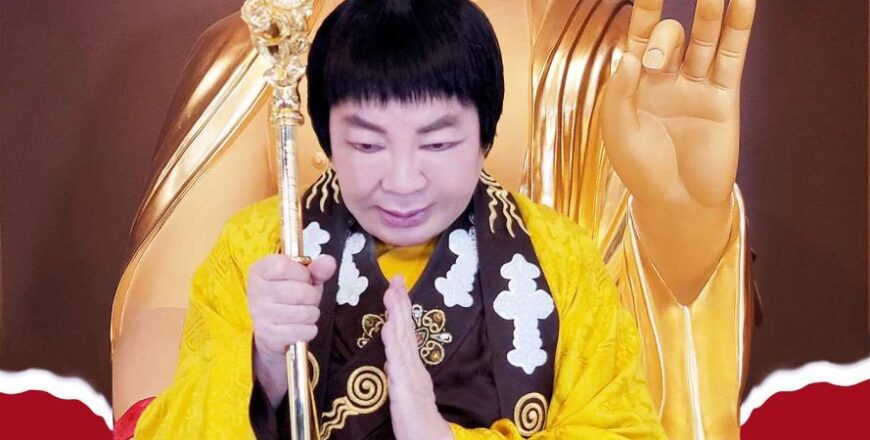DCB12-The Dharma of Cultivation

Many know that the Buddha taught the Four Noble Truths; suffering, the origin and cause of suffering, Nirvana where there is no suffering, and the Eight-fold Path to Nirvana. The Eight-fold path is often condensed into the three primary teachings of Morality, Concentration, and Wisdom. Put another way it is learning how to have the behavior of a Buddha (speech and actions), which enables you to have the mind (concentration) of a Buddha, and with those two qualities, you gain the wisdom of a Buddha and thus become a Buddha. This Buddhist course will focus first on how one develops the behavior of a Buddha and thus manages one’s karma so as to have good fortune and happiness and begin the process to become an enlightened being or Buddha. This process is called “cultivation” or “xiu-xing (修行)” in Chinese. We will use as a text The Dharma of Cultivation taken from a discourse given in 2008 by H.H. Dorje Chang Buddha III in response to a question raised by Zhaxi Zhuoma on how to teach the dharma to Westerners. The discourse is known as “What Is Cultivation?”
You will read the entire discourse several times and prepare a preliminary summary of the essence of the discourse in your own words as if you were going to explain it to someone who was not familiar with the discourse or even knew much about Buddhism. Then you will answer a series of homework questions and submit them for feedback from the facilitator. After that take additional time and revise your original summary and create a summary of “What Is Cultivation? (WIC?)” in your own words that contains the most important concepts in the discourse. Include how it has impacted your life and practice and respond to questions about your presentation from your fellow students. This is an on-line version of what would have been a debate in Tibet. The class may also end with a multiple question final exam to make sure you understand the most critical principles taught in this discourse. The presentation and debate part is optional for those enrolled in the Buddhist Studies Program, but required in the Xiuxing Seminary Program.
A more advanced version of this same process (DCB13) will be offered after the student has had an opportunity to practice the dharma contained in the Supreme and Unsurpassable Mahamudra of Liberation (SAUMOL).
This course, per se, is not part of the free Auditing Student Program. You will need to enroll in one of the paid membership programs to take this course. However, because the Dharma itself should always be free, the actual PDF of the sutra is available to anyone. Click gold curriculum button to view course and click public preview button to read or download sutra.
If you have not registered for a membership, please click on “Membership” on the top menu bar to select your membership (either Buddhist Studies or Xiuxing Seminary) and enroll in this course. You are also required to complete the application form provided in course “G02-Spiritual Autobiography” prior to being admitted to either these programs. You are also required to complete “D01(A)-The Supreme and Magnificent Dharma” and D35(A) The 128 Evil and Erroneous Views. Click for detailed Users Guide under the “STUDENT MANUAL” in the website’s top menu bar for more information.
General reference materials on Buddhism including common terms and a brief “Glossary” are also included at the end of the lessons for all beginner level courses. This is also available to the general public and may be read or downloaded by clicking the public preview button.
